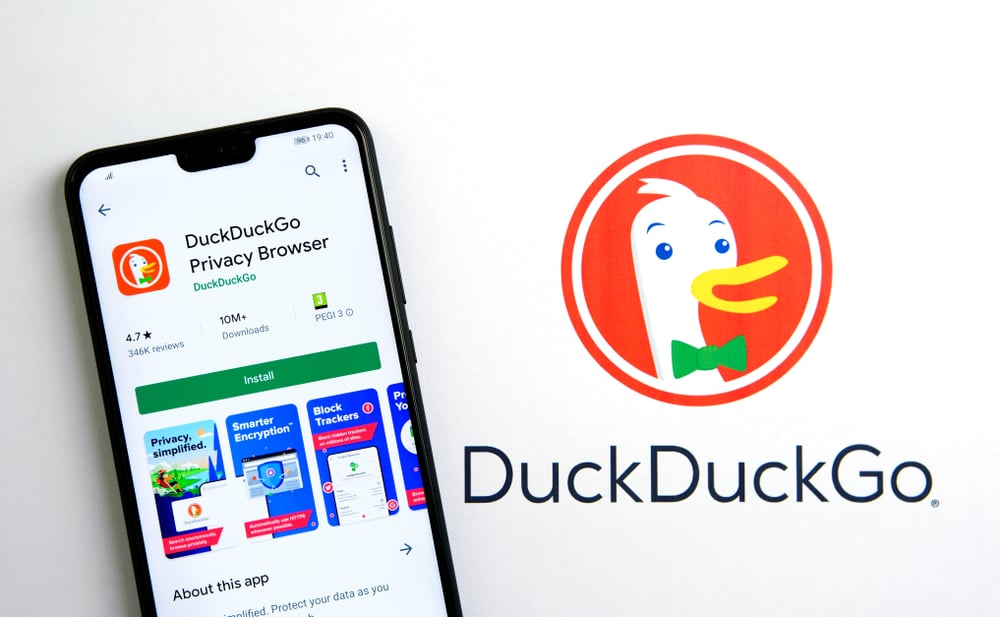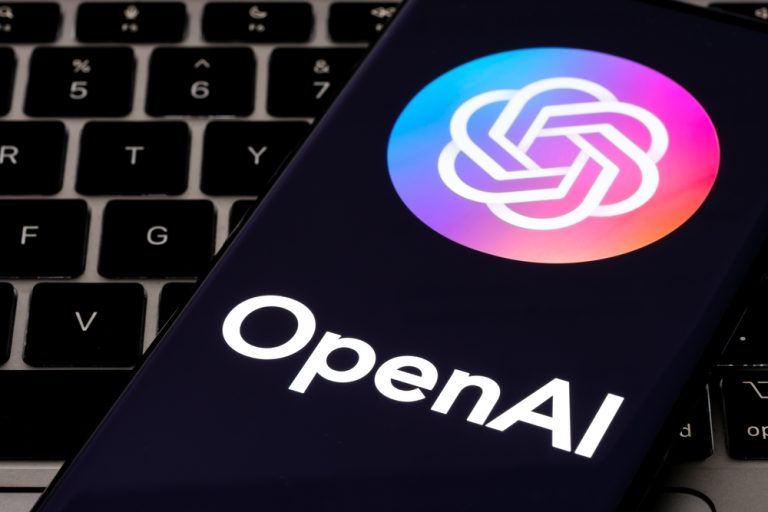Private search engine DuckDuckGo is increasing its focus on generative AI, introducing new features and expanding access to AI models while maintaining its privacy-first approach.
AI-Powered Chat and Search
DuckDuckGo has officially rebranded its chatbot service as Duck.ai, exiting beta and offering users access to AI models from Anthropic, OpenAI, and Meta. The chatbot provides AI-generated responses instead of traditional search links, catering to users looking for a conversational search experience.
DuckDuckGo also expanded the models available, now including OpenAI’s o3-mini, Meta’s Llama 3.3, and Mistral’s Small 3. While access remains free, there are daily limits, and the company is exploring a paid plan for increased access.
AI in Traditional Search
In addition to Duck.ai, DuckDuckGo has increased the use of AI-assisted summaries in its traditional search engine. AI-generated responses now appear in over 20% of searches, with users able to adjust the frequency from “never” to “often.” This approach allows for AI integration without compromising user control.
Privacy-Focused AI
DuckDuckGo continues to differentiate itself with privacy guarantees. It anonymizes chat interactions, ensures no data is used for AI training, and provides users with full control over AI features. The company also introduced a “Recent Chats” feature that stores conversations locally on the user’s device, with the option to disable storage entirely.
Seamless Search Experience
To improve usability, DuckDuckGo introduced an option to switch easily between conventional search and AI chat. A chat button below the search bar allows users to send their query to Duck.ai instantly. Users can toggle back to traditional search with one click.
Competitive Landscape
With AI transforming search, major players like Google and OpenAI have been integrating AI-generated responses into search results. DuckDuckGo’s privacy-first approach offers an alternative to mainstream AI-powered search engines, allowing users to access cutting-edge AI without sacrificing privacy.























